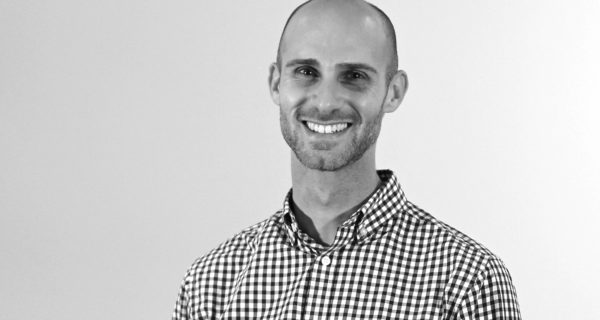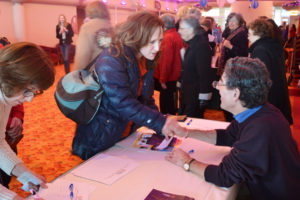
Tell us a bit about your educational and professional background.
Simon Goldberg: I completed my bachelor’s degree in sociology at Tufts University. During college I also became interested in Buddhist contemplative practices and spent a semester studying Buddhism in Bodh Gaya, India. After college, I spent two years in residential training at Windhorse Zen Community in Asheville, North Carolina and subsequently completed my Ph.D. in counseling psychology at the University of Wisconsin–Madison. My postdoctoral training was in health services research at the University of Washington and the Veterans Affairs Puget Sound Health Care System – Seattle Division.
How did you get into your field of research?
I was drawn to sociology in college as a method for understanding and addressing challenges facing human societies, but became discouraged by the enormity of tackling these issues at the macro level. I was introduced to meditation after my sophomore year and really just fell in love. I was struck by the power of meditation practice, and was fascinated by the possibility that relatively simple (and ancient) techniques could have dramatic intra- and interpersonal effects. During graduate school I became interested in a wider variety of approaches to individual change through my own training in and research on Western psychotherapy as well as clinical and research experiences working with military veterans.
What attracted you to UW–Madison?
UW–Madison’s reputation as a research powerhouse was a major draw for me, both as a graduate student and faculty member. I’ve found faculty and students to be passionate about their work, and also to be very open to building collaborations and working across disciplinary boundaries. I can’t imagine a better setting than Madison for housing a world-class university. And, of course, the Terrace is hard to beat.
What was your first visit to campus like?
My first visit as a prospective graduate student was very exciting. I met with numerous potential mentors and could feel the openness to new possibilities even in those initial conversations. My first visit as a prospective faculty member was thrilling – having a chance to be welcomed back as a potential colleague and really just feeling at home here at UW–Madison.
"I hope to communicate the remarkable potential we have as human beings for growth and change, be that through formal interventions or through positive relationships with others."
What’s one thing you hope students who take a class with you will come away with?
I hope to communicate the remarkable potential we have as human beings for growth and change, be that through formal interventions (e.g., psychotherapy, meditation practice) or through positive relationships with others (e.g., families, communities).
Do you share your expertise and experiences with the public through social media? If so, which channels do you use?
I haven’t yet! But I’m open to learning.
Do you feel your work relates in any way to the Wisconsin Idea? If so, please describe how.
Definitely. My work focuses broadly on finding ways to promote well-being and reduce suffering, which certainly relates to the health and wellbeing of residents of Wisconsin. I have been involved in numerous studies examining both traditional psychotherapy and Buddhist contemplative practices for promoting mental health, whether targeted towards children and teachers, smokers attempting to quit, or military veterans.
What’s something interesting about your area of expertise you can share that will make us sound smarter at parties? While differences between psychotherapies (e.g., cognitive-behavioral therapy vs. psychodynamic psychotherapy) account for 1 percent or less of the variance in treatment outcomes, differences between therapists (i.e., a highly effective therapist vs. a less effective therapist) accounts for approximately 5 times more. Which is to say, it’s probably more important to pick your therapist than your therapy, wisely.
Any noteworthy hobbies or interests?
Bicycle commuting, playing the banjo, cooking vegetarian food.






